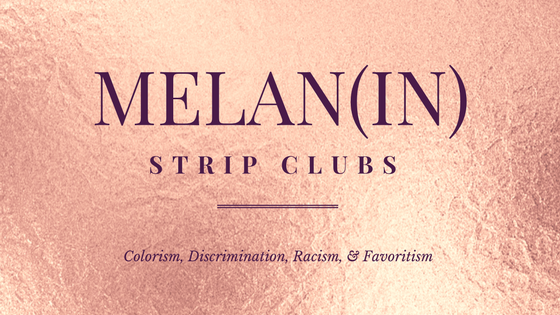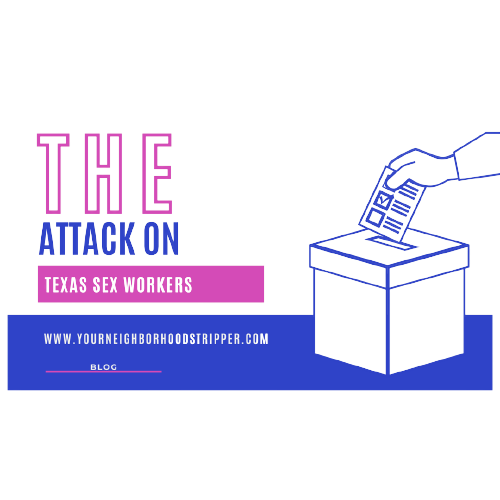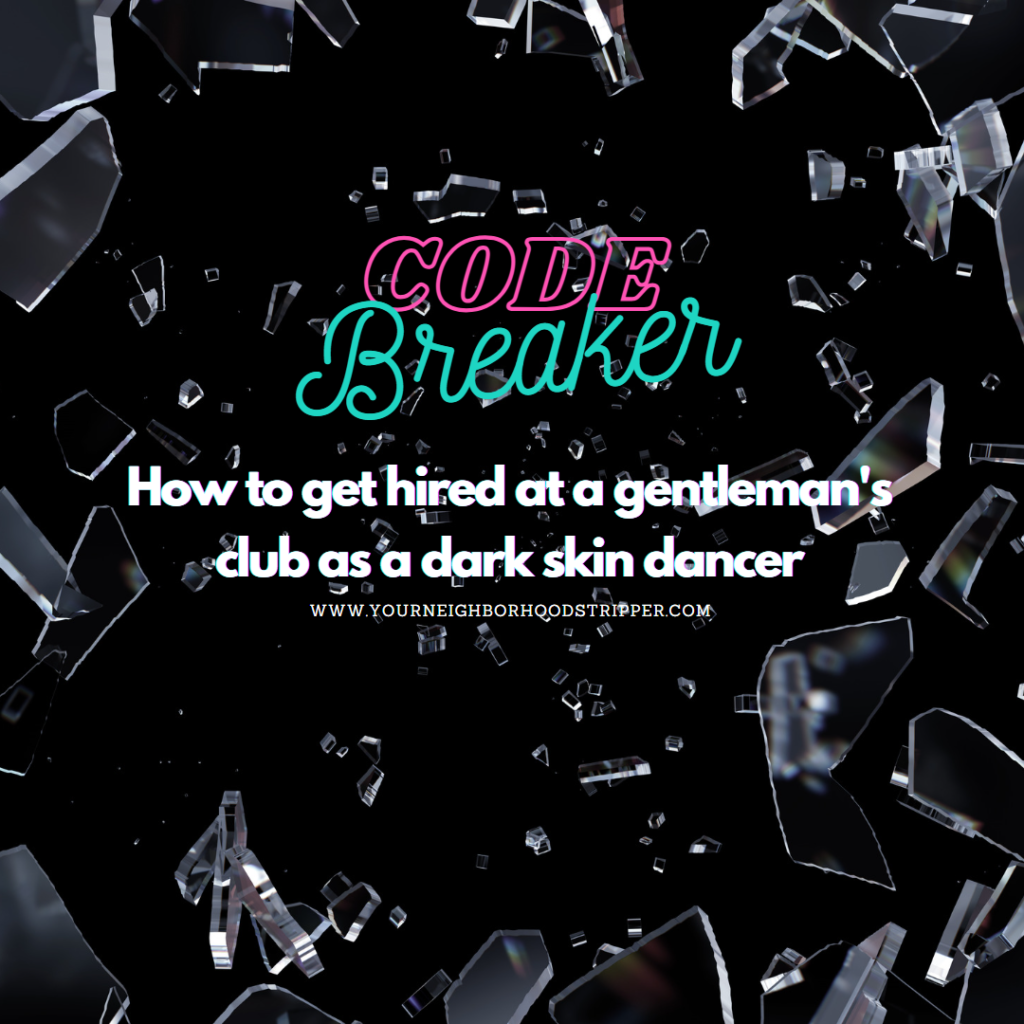Stripper Entrepreneurialism is Stifled
Being a stripper isn’t easy,
But I am sure you are aware of that.
Or are you?
When people think about strippers they often think about the fantasy. When you walk into a club, late at night, that’s dimly lit, with no windows, you’re going to have an idea of what you think the experience will be even before you walk in. The main reason the strip club is so engaging is because everyone loves what’s on the menu.
It’s the nudity.
While many people who work in the industry will have their own take, it is without question that strip clubs fall under the umbrella of sex work as evident by the type of atmosphere in the clubs. In a legal sense no, it is not a place that you can have sex, but it is an environment that profits off sex appeal. Strippers sell the idea of sex without actual participation in the activity. Yet regardless of that distinction, strippers and the strip club industry face significant stigmatization which results in many legal challenges as working professionals.
The Double Standards of Stripping
Strippers carry a unique position in Western society. They are glorified in certain contexts and vilified in others. Stripping is a legal profession in many jurisdictions, yet people who participate in the industry do not always receive the same legal benefits as many workers in other industries. It isn’t illegal to be a stripper, but at the same time you can receive a sex offender or prostitution charge for a raid. It is almost impossible to be a dancer consistently for an extended amount of time. You can’t go to stripper school and they certainly don’t hold open castings at the mall. It’s not a job you hear about in career class and it is certainly not an industry that offers many co-op placements. Becoming a stripper is something that happens to many people when they are in a transitional phase of their lives and looking to make a big change. Stripping is a job you hear about from a friend who works in the industry or something you become curious about after watching a movies and social media.
Do you remember the impact Covid initially had on industries that relied heavily on foot traffic for their business? The closure of most businesses in person meant that many individuals were without a consistent flow of income, and this was especially the case for strippers.
Upon the return to work, some described feeling unsafe when coming back, while others challenged the court over discriminatory pandemic closures. The pandemic brought many changes to industry, and strippers were not immune. And thanks to the independent nature of the profession, many people were left to their own devices to figure out a situation that worked for them. For some that could have meant private parties, for others that could be creating an Only Fans account. As many got creative, many were painfully reminded that most contemporary legislations and institutions did not have their best work interests in mind. Where would strippers be without creativity? Working as a stripper means working as an entertainer. And when one is an entertainer, they must find creative and inventive ways to showcase their individuality and uniqueness as they market themselves on the floor.
Strippers are professionals who gain real world skills and knowledge when working at the club that can be transformed into other business ventures and endeavors in the future… but how often are those moments able to materialize?
The Stripper Success
At the same time it is not all doom and gloom.
Stripping and sex work has slowly but surely been creeping more and more into the mainstream creating not only more awareness but providing a better look into how the industry really works. While stripper vlogs and videos do play a role, there have been other trends that have helped keep the conversation alive.
It goes without question that a government that spends the time to research the crime rates of people who work in sex-trade can help grow the larger conversation. Understanding those numbers and how they occur can help influence decisions on how to govern sex work in contemporary American society. Without this data how can we move forward and develop better legislation that actually targets the problem and protects the workers?
The community of strippers and sex work has a strong online community. It is one that has grown substantially thanks to the internet and platforms that encourage people to be honest about their experiences and share their knowledge. Your Neighborhood Stripper, is a fantastic resource for industry workers looking to connect, better understand the industry, and grow their business following online. Texas industry professional and founder Pisces, created the platform with the intention of allowing people to come together and promote their work without worrying about the stigma and red tape that comes from using more mainstream platforms.
Strippers Need Support
In order for us to see substantial change, let’s ditch the sleazy vibes and show some real support! Patronize those amazing stripper-owned businesses, spread the word like wildfire (and maybe even throw in a cheeky hashtag), and get educated on the realities of their industry. Trust me, it’s way more fascinating than you think! Together, we can build a world where these incredible performers are respected, valued, and thriving – a world where the stage is truly their own.
It’s 2025, we don’t need to continue this old narrative of stigma and shame.
Shop Stripper!
Do you agree? Let me know what you think in the comments!







Responses